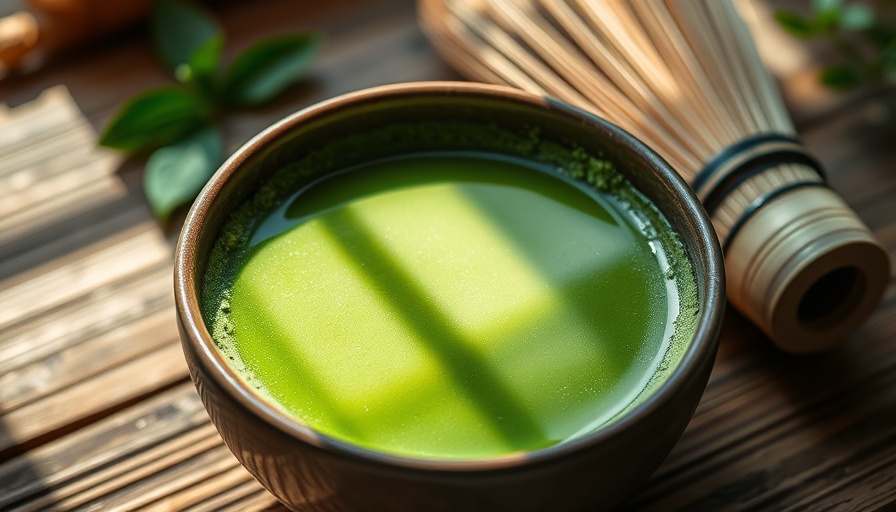
A New Perspective on Chronic Illness
Chronic illness has taken center stage in recent discussions about health, but what if we begin to look at it not merely through the lens of medication and treatments, but as a profound opportunity for introspection? Many of us are no strangers to chronic conditions—migraines, autoimmune disorders, fatigue—that seem to linger without clear reasons. As it turns out, our bodies often communicate in ways we struggle to understand, whispering messages about emotional well-being, stress, and trauma.
Understanding the Body’s Wise Signals
In our fast-paced, achievement-oriented society, there's significant pressure to push through discomfort without pause. Yet, researchers and wellness advocates suggest that many chronic symptoms are not mere biological errors but are intricately tied to suppressed emotions. The chronic fatigue that drains your energy may be rooted in long-buried grief; the frequent migraines could signify a reservoir of unexpressed anger.
This perspective aligns with holistic health practices, which argue that emotional and physical wellness are interdependent. Increased levels of stress hormones, like cortisol, due to unresolved emotional states can lead to inflammation and a weakened immune response. This interplay between mind and body emphasizes the need for a comprehensive approach to health.
Listening to Your Body: A Gentle Challenge
Instead of the usual "What’s wrong with me?", consider rephrasing the inner dialogue to "What burdens have I carried for too long?" Many people have reported improvements in well-being after acknowledging and processing their past traumas, grief, or chronic stress. As noted wellness advocate Dr. Gabor Maté explains, recognizing emotional struggles helps individuals reclaim their narrative, leading to transformative healing.
Creating Space for Healing: Emotional Wellness Strategies
True healing often requires permission. Permission to take a break, to feel, and to seek joy. This might involve setting boundaries, practicing mindfulness, or even speaking to a therapist. Emotional honesty can be vital, as it transforms how we engage with our own stories. Exploring new self-care habits, ranging from journaling to yoga, can help improve emotional well-being.
The Role of Professional Support
While emotional work is essential, medical assistance shouldn't be overlooked. A multifaceted approach that combines holistic practices with standard medical care often yields the best results. By being open to support on both fronts, individuals can foster a deeper sense of well-being that embraces the whole self—mind, body, and spirit.
Practical Steps for Emotional and Physical Well-Being
1. **Mindful Check-Ins**: Regularly pause to reflect on how you feel emotionally and physically. This can help identify what emotional triggers might correlate with physical symptoms.
2. **Therapeutic Outlets**: Engage in creative activities that allow for emotional expression. Whether it’s painting, writing, or dancing, such outlets can be healing.
3. **Build a Support Network**: Surround yourself with friends, family, or groups who understand and can support your healing journey.
4. **Prioritize Self-Care**: Establish routines that include relaxation, exercise, and wholesome nutrition to nurture both your body and mind.
A Cultural Perspective on Health and Healing
In many cultures, holistic health is not only accepted but revered. This broader perspective allows individuals to view health as a harmonious balance between emotional, spiritual, and physical aspects. Comparing different traditions shows how diverse methods of managing chronic illness can be incorporated into everyday life, thus enriching one’s personal journey.
Conclusion: Embrace the Process Rather Than Resist
The next time your body sends you a message through discomfort, rather than silencing it, take a moment to listen and ask what it might be trying to convey. When we view our symptoms not as setbacks but as invitations to introspection, we unlock pathways to healing that transcend common treatments. Embracing this intricate connection can enrich our lives, offering a glimpse into the profound nature of health itself. Healing often isn't about doing more; rather, it's about learning to truly let go.
 Add Row
Add Row  Add
Add 



Write A Comment